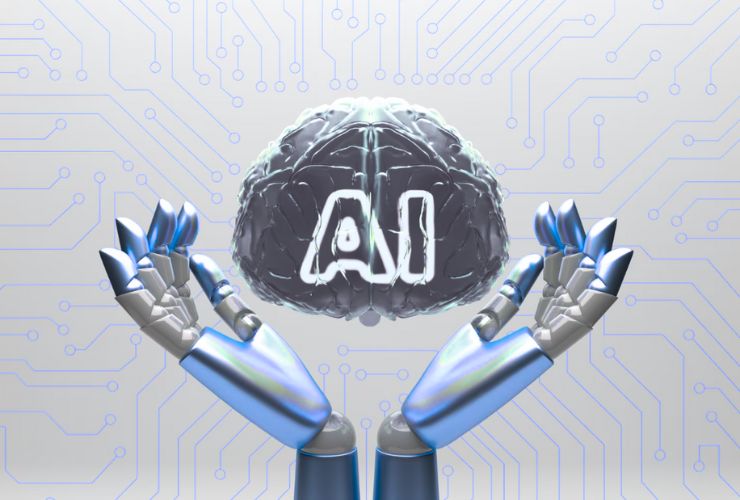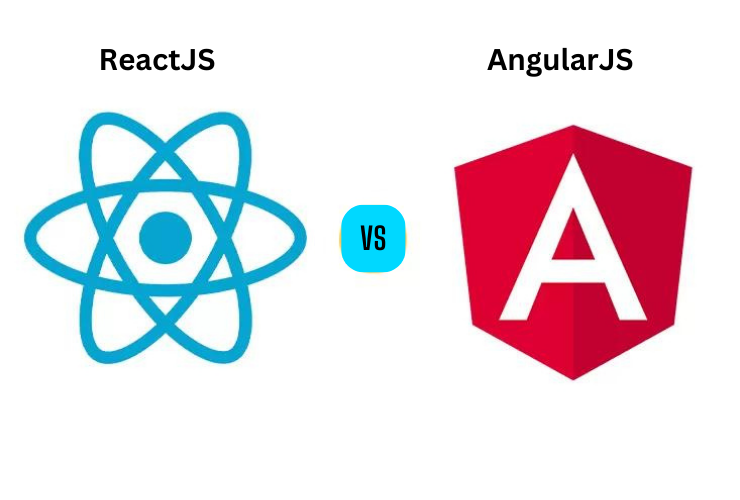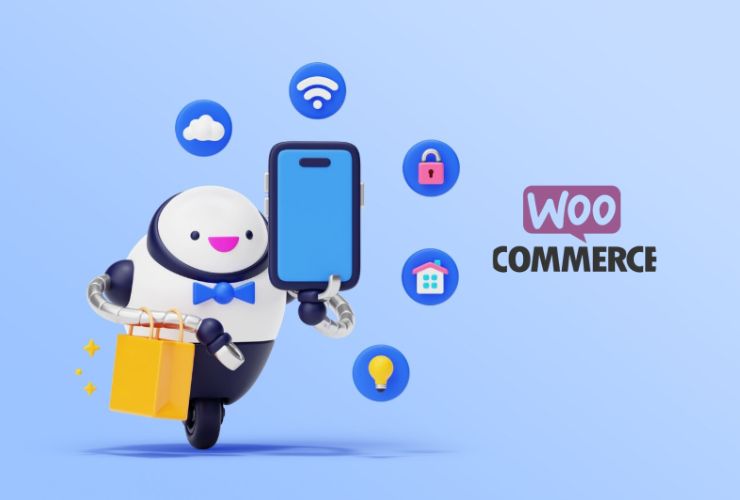Generative AI is transforming enterprise operations by allowing organizations to create content, automate complex workflows, and make data-driven decisions faster than ever before. The OpenAI service, created by Azure, allows businesses to bring advanced AI models such as GPT, Codex, and DALL·E into the enterprise cloud ecosystem. The power of these models allows enterprises to innovate quickly, streamline their operations, and deliver highly personalized experiences.
In this blog post we will look into the future of generative AI, with Azure OpenAI, to identify key opportunities, use cases, challenges, and trends influencing enterprise adoption.
What is Generative AI with Azure OpenAI?
Generative AI refers to AI systems that can create new content based on patterns learned from existing data. Examples include:
- Text – articles, code, summaries emails, reports.
- Image – product images, illustrations, design assets
- Audio and Speech – AI synthetic voices, speech to text, and Text to Speech.
- Code – Automate manufacturing processes, write scripts, or assist in software development.
Azure OpenAI services bring these high-demand models into enterprise systems, allowing developers and companies to:
- Automatically create quality content, minimizing rework,
- Deploy intelligent virtual agents and chatbots for improved customer engagement,
- Automate complex workflows and collaboration between departments for data processing,
- Support decision making with predictive and prescriptive analytics.
Azure OpenAI’s Generative AI Opportunities:
1. Improved Customer Experiences
- Utilize AI-backed chatbots for 24/7 support.
- Utilize real-time customer behavior to personalize communication.
- Use conversational AI that understands context and responds in a human-like manner to improve customer satisfaction.
2. Content Creation & Automation
- Automatically create marketing copy, product descriptions, technical documentation, and internal reports.
- Reduce tedious manual processes for repetitive tasks, so your teams can devote their time to higher value creative work.
- Scale content creation of multiple formats for many channels, without compromising quality.
3. Data-Driven Insights
- Explore vast data sets to discover patterns, trends, and anomalies you did not know you had.
- Create predictive insights to guide strategy, drive operational efficiencies, and anticipate market changes.
- Use AI technology to generate data visualization as well as summary reports.
4. Product and Service Innovation
- Use AI to brainstorm new product features, prototype designs, and generate a creative path forward.
- Provide shorter innovation cycles and faster time to market for new products and services.
- Utilize generative AI for R&D, creating products that are smarter and more adaptable.
5. Efficiency in the Enterprise
- Automate routine business processes like invoice processing, HR workflows, and IT ticket triage.
- Reduce operational costs while improving accuracy and productivity.
- Allow your employees to more strategic, high-impact tasks, rather than the daily grind.
Challenges and Considerations
1. Ethical and Responsible AI
- It is essential that the outputs of the AI are fair, unbiased, and explainable.
- Companies and organizational leaders will need to put policies in place for the responsible use of AI-including auditing and monitoring AI generated decisions.
2. Data Privacy & Security
- Protecting sensitive data is essential in work that includes or uses AI.
- Compliance with GDPR, HIPAA, as well as other rules and regulations for the industry will be a prerequisite for enterprise utilization.
3. Accuracy and Reliability of Models
- There are times when the AI model may produce errors or misleading content.
- Humans, validation, and ongoing fine-tuning are required to ensure quality control.
4. Integration and Scalability
- Integrating AI technology into legacy systems beauty be complicated.
- Scaling AI uses/applications across business units requires a strong cloud infrastructure strategically placed, similar to governance.
Real World Application in Enterprises
- Finance – Fraud detection, intelligent trading insights, and automated reporting.
- Healthcare – patient summary information provided by AI, care diagnostic support, and treatment recommendation.
- Retail – AI products that provide recommendations, optimized inventory, and dynamic marketing campaigns.
- Software Development – coded by AI, automated software testing, and rapid prototypes.
- Education & Training – personalized learning content, auto grading of assignments, AI tutors.
These areas of applications illustrate the potential of azure open AI across industries, transforming workflows, supporting accelerate innovation, and point to the quantifiable business value it can provide.
The Path Ahead: Future Directions
- Industry-Specific AI Models – Custom generative AI for healthcare, finance, retail, and manufacturing.
- AI-Driven Decision Automation – Data-backed decisions made in real-time via AI.
- Human-AI Collaboration – Empowering human creativity and productivity versus replacing it.
- Responsible AI Governance – Firms adopt frameworks to support ethical, compliance and transparency with AI.
- Multimodal AI – Including text, image, and audio generation in one integrated workflow.
Looking Ahead
The future of generative AI with Azure OpenAI is full of exciting, transformative, and worthwhile potential. Organizations willing to adopt this technology thoughtfully will be able to benefit from:
- Automating at scale, resulting in lower operational costs.
- Smarter customer engagement, personalized to every engagement.
- Quicker innovation cycles to products or services.
- Data driven decisions to increase overall organizational agility.
While ethics, data security, integrations and reliability in models are challenges, implementation and governance will ensure organizations achieve the highest value in generative AI.
Azure OpenAI supports organizations to not only keep up with the AI revolution, but to pioneer innovative thinking into day-to-day operations of their industry, shaping future of operations and experiences for customers.













 Database Development
Database Development












































